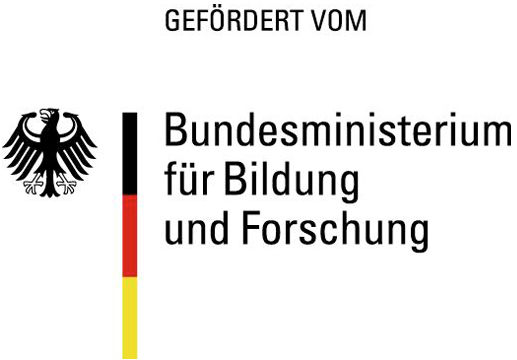Background: Long-term cooperation in fields of research and innovation between Latin America and Germany
Over the past decades, research cooperation between Latin America's science center and German science and funding organizations has increased considerably. Agreements on scientific and technological cooperation, with the countries of focus being Argentina, Brazil, Chile and Mexico, were concluded as early as the 1960s. Latin America is now considered a strategic partner region for international cooperation in science, research and innovation by the German Federal Ministry of Education and Research (BMBF).
Project objective: Study on potentials of strategic cooperation:
German federal research policy is concerned with establishing and further expanding joint cooperation in research and innovation with Latin American countries. Research and funding organizations in Latin American countries are to be strengthened, intensive contact with researchers is to be established and both scientific communities are to be better networked.
In order to determine challenges and potentials for cooperation in science, research and innovation, the research team of Fraunhofer IMW's Innovation Policy and Transfer Design Unit analyzes the status quo and current developments in a potentiality study. The scientists compare German-Latin American cooperation with international benchmarks and cooperation approaches between Latin America and Spain, France, Great Britain, USA, Canada and China.
The results of the potentiality study serve the Federal Ministry of Education and Research as a basis for the strategic further development of cooperation and the future promotion of collaborations between German and Latin American stakeholders in research and innovation.
Methodology: Scope of action based on qualitative and quantitative methods
The Leipzig research team uses a mix of qualitative analysis methods, such as document research and expert interviews, and quantitative studies, including the identification of performance indicators, publication, patent and funding data, and the analysis of social networks. The findings are systematically combined and translated into a scope of action in the potentiality study.
Project partner
Technopolis Group
Client
Federal Ministry of Education and Research (BMBF)
Project duration
October 2021 – June 2022


